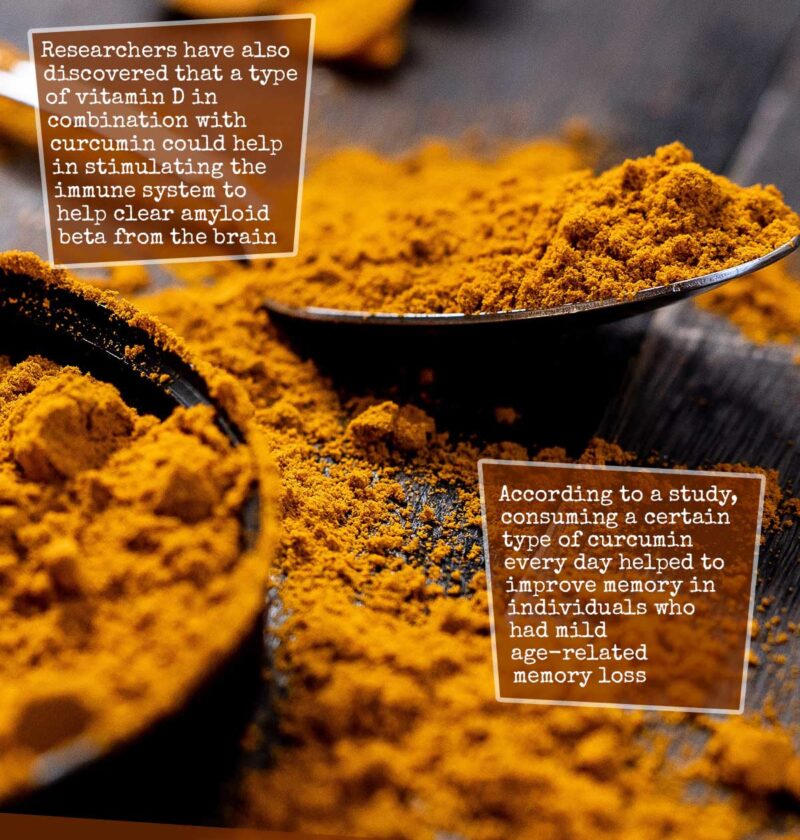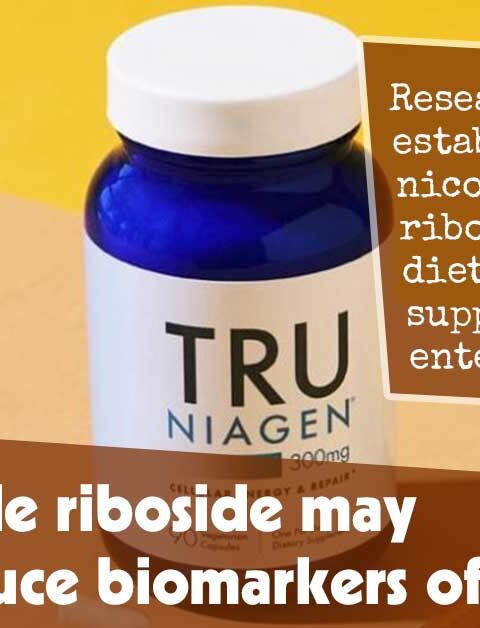According to a recent study, taking an easily absorbed curcumin supplement every day helped improve memory performance in individuals suffering mild age-related memory loss.
Curcumin, found in turmeric from the root of Curcuma longa plant, gives Indian curry its characteristic golden-orange hue.
Researchers examined how an easily absorbable curcumin supplement affected memory performance among dementia-free individuals as well as any possible effects of curcumin on microscopic tangles and plaques found in Alzheimer’s sufferers’ brains.
Curcumin has been proven through lab research to have antioxidant and anti-inflammatory properties. This could explain why elderly Indians appear to have lower rates of Alzheimer’s and increased cognitive performance, according to studies conducted there.
Curcumin may affect the brain in various ways; one possibility could be its ability to reduce inflammation there – which has been associated with both major depression and Alzheimer’s disease.
In a placebo-controlled study involving 40 individuals aged 50-90 with mild memory issues, who were randomly allocated either 90 mg of curcumin twice daily or an inactive placebo for 18 months.
Standardized cognitive assessments were given to all 40 individuals at the start and at six-month intervals throughout the study, and curcumin blood levels were monitored both initially and 18 months after. PET scans were then given to 30 of them in order to assess tau and amyloid levels within their brains both initially and 18 months after.
Curcumin treatment led to significant enhancement of attention and memory abilities, whereas individuals taking placebo did not. Curcumin-treated individuals experienced 28% improvement in memory tests over 18 months.
People taking curcumin also experienced mild improvements in mood, and brain PET scans revealed significantly decreased tau and amyloid signals in their hypothalamus and amygdala compared to individuals receiving placebo treatments.
The hypothalamus and amygdala are two areas of the brain responsible for managing certain emotional and memory-related functions.
Turmeric and curcumin supplements may be difficult to absorb at significant levels. Absorption can be improved when taken alongside other ingredients, such as piperine found in black pepper which has been found to increase bioavailability by 2000%.
Vitamin D and curcumin may work together to clear amyloid plaques associated with Alzheimer’s.
Researchers found in another study that vitamin D combined with curcumin can stimulate immune cells, helping clear amyloid beta from the brain – the compound responsible for Alzheimer’s plaques – more efficiently than existing treatments alone.2
Vitamin D3 is an essential nutrient for optimal immunity and bone health, synthesized through skin exposure to sunlight. Unfortunately, deficiencies of this vital nutrient may arise during winter or in people who spend considerable time indoors such as those living with Alzheimer’s.
With blood samples taken from nine Alzheimer’s patients, one individual with mild cognitive impairment and three healthy control individuals, monocyte cells were isolated for further study. Monocyte cells can transform into macrophages that serve as part of our immune system’s cleaning crew by moving through our bodies and brains and gobbling up waste products like amyloid beta. Once isolated, macrophages were exposed to various levels of synthetic or natural curcumin, vitamin D3 and amyloid beta for incubation purposes.
Researchers conducted extensive analysis on natural curcumin and found it was inefficiently absorbed, broken down rapidly before it could be utilized, and had poor potency levels, making it far less effective compared to synthetic curcuminoids.
Scientists discovered that curcuminoids greatly enhanced surface binding of amyloid beta to macrophages and strongly stimulated uptake and absorption by macrophages of vitamin D in many individuals.
Since curcumin and vitamin D act differently on the immune system, each may work best alone or combined depending on who’s using them.







